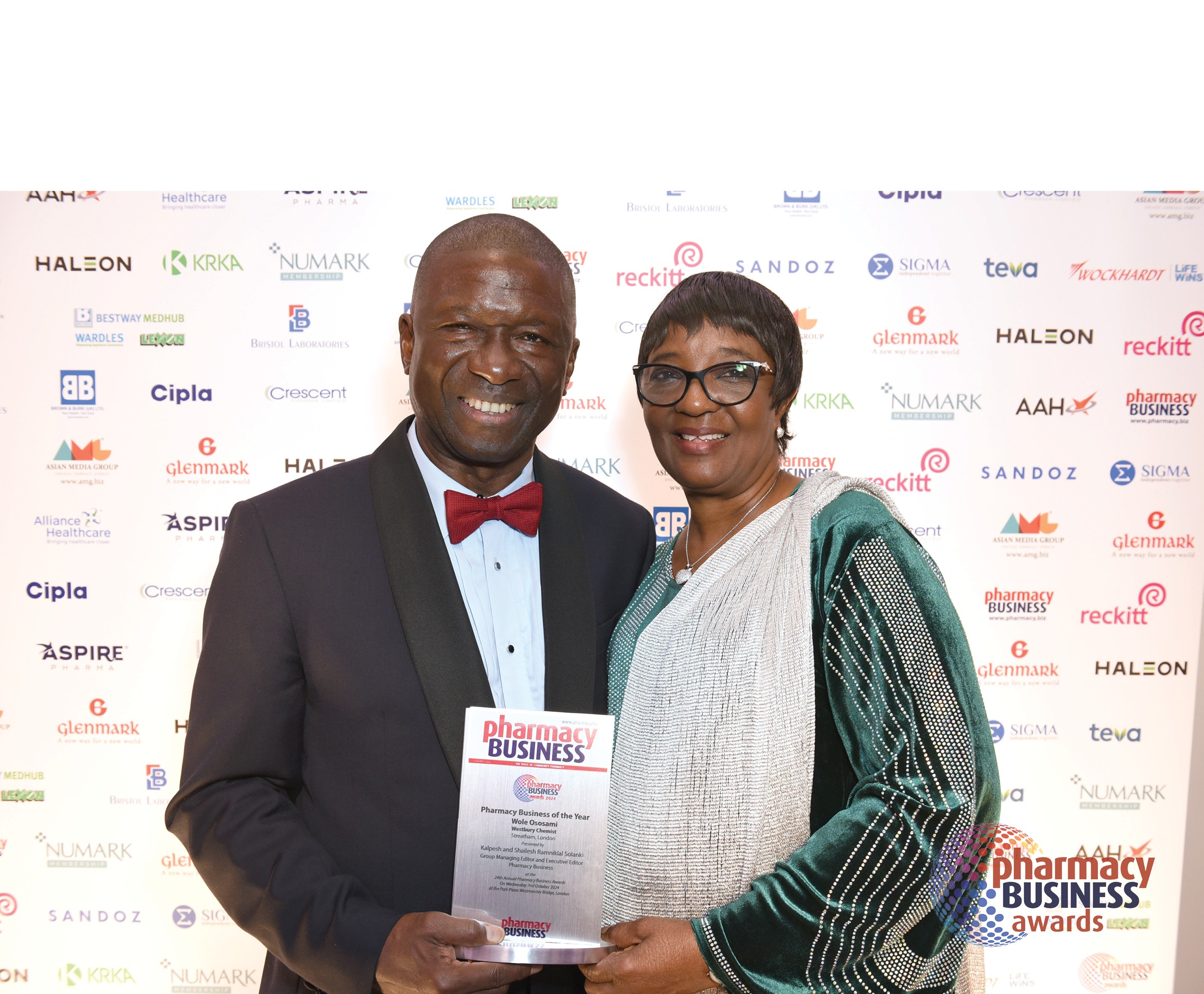I had a chance encounter with a friend as she commuted home from work one Friday afternoon and during our conversation, I asked “how are you getting on with your job?”. “So so” she replied.
[featured-image single_newwindow=”false”](Image courtesy of Dollar Photo Club)[/featured-image]
“So so” was a less than enthusiastic answer which made me wonder if she actually enjoyed her job.
According to a Forbes article quoting a gallop report, there are twice as many “actively disengaged” in the world as there are “engaged” workers who love their jobs. According to the quoted article, 13% of workers feel engaged with their jobs and a whopping 63% have some measure of dissatisfaction with their job.
So what are the possibilities for these 63% who are disengaged?
You can find a new job
If you can find a new job then I would recommend you do that. One drawback is that there is no guarantee that the new job will move you into the engaged column of the how do I feel about my job question.
Ask to be moved to a new role within the same organisation
This is a good option provided the reason for your disengagement has nothing to do with your commute to work or other things that your organisation stands for or does that is not related to your job.
Quit your job and start your own business
This is a good but risky option. Unless you have a big client contract waiting for you on day one or you have a healthy bank balance that can sustain you while you are still developing your business then this is my least preferred option.
Remain in your job and start something on the side
I like the idea of starting something on the side. This need not be a revenue generating business or anything that will compete with your day job for your time and energy. As an employer, I would hate to have one of my employees becoming less productive or even more disengaged because they are physically or mentally exhausted from their extra activities.
[shareable]I would rather my employees spend their spare time doing something on the side than watching television.[/shareable]
Here are my reasons why having something on the side is a good thing.
#1. Your fear of job security is reduced
One of the reasons people remain in a job they don’t like is because they need the security that the job provides. Things like pension, healthcare and holidays top the list. With a something else on the side, you are no longer afraid of loosing your job. You have something to move on to should you loose your job. This gives you a chance to focus on your work and find some joy in it or quit that job and find a new one.
#2. You have more ideas to contribute at work
There is the possibility of you acquiring complementary skills and experiences that you can use in your day job. You may have heard of Googles famous 20% time for employees to work on their own projects. This policy is said to have created innovative products such as Gmail, Google News and AdSense.
#3. It serves as a safe way to transition to self employment or starting your own business
Many people have business ideas but are unable to act on these ideas because they are unsure of the outcome. So they remain in a job they do not enjoy while wishing they could start their own business. Starting your own business as a side project is a safe way to test your business ideas. It also means that you still have income from your day job at a time when your business is not bringing in enough money to sustain you
So what can you do on the side?
You can:
- Set up or work for a charitable course
- Be actively involved in a sport or hobby
- Studying for a degree
- Learn a new language, skill or craft
- Publish a book, magazine or a blog
- Start an online business
- Create an app
So what is in it for you the employer?
You probably already have people in your employment who have two or more jobs. For some it’s because they need a second income and for others, they are simply not fulfilled in their day job. Many professionals such as doctors, accountants and pharmacists have private practices to supplement their income.
For as long as your employees are not using your time and resources for their own personal gain, you stand to benefit from the increased engagement, satisfaction and new ideas that come with employees having something on the side.
Question: What do you do with your spare time?







